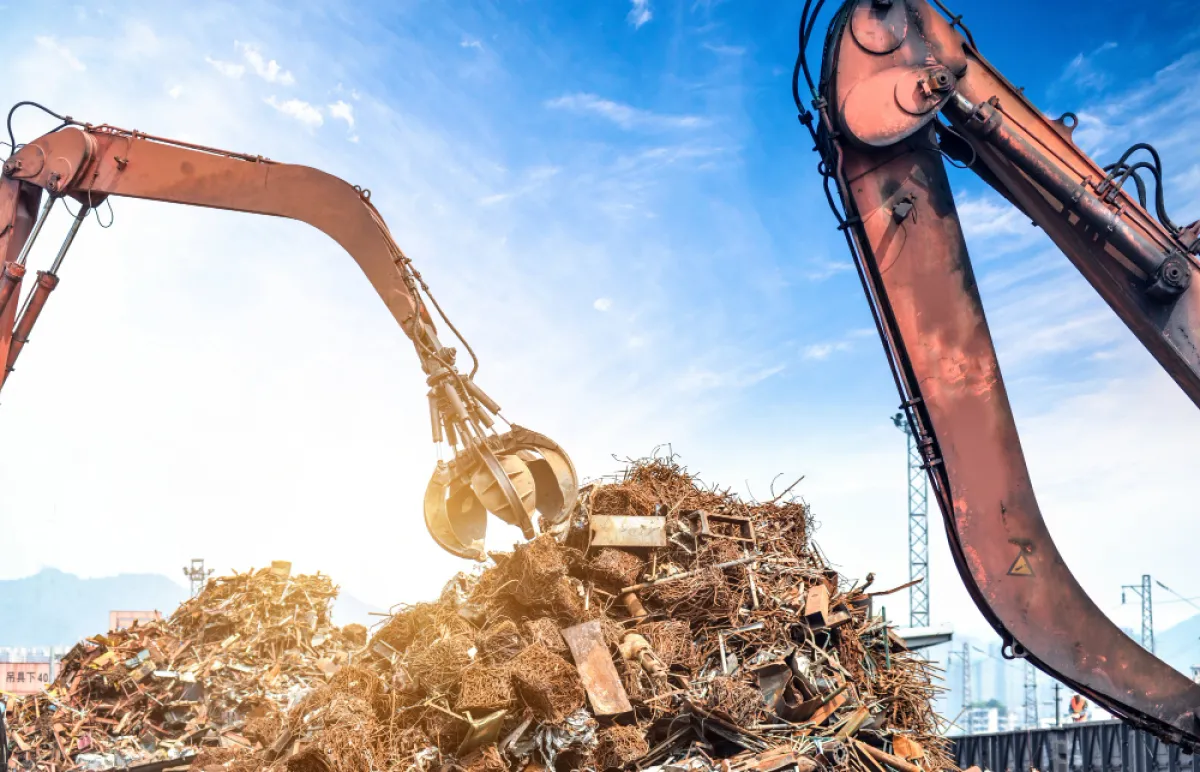
Waste is one of the problems causing environmental impact, especially in the industrial sector, where a substantial amount of waste is produced, both from manufacturing processes and other activities. Therefore, if waste is properly sorted, it not only reduces various impact issues but some types of waste can also be beneficial. These can be recycled back as raw materials in the production sector.
Therefore, the National Science and Technology Development Agency (NSTDA) has partnered with the Department of Industrial Works and the Federation of Thai Industries (FTI) to educate business operators in industrial factories based on the End of Waste principle. In Thailand, there are 45 industrial groups covering 75 provinces, including waste-generating industries (waste generators), waste transport industries (waste transporters), and waste treatment and disposal industries (waste processors). Therefore, the industrial sector plays an important role in pushing for the End of Waste at every step, promoting and supporting the enactment of the End of Waste regulation in the country.
In the initial stage, waste management in the industrial sector, under the End of Waste concept, is divided into two main groups: Biomaterials and Basic mineral substances. The initiative to manage industrial waste follows the Enhancing Waste Utilization with Industrial Symbiosis (IS) approach. It involves turning waste from one industry into raw materials for another industry, helping to reduce illegal waste dumping, reduce waste management costs, mitigate environmental issues, and decrease greenhouse gases. At the same time, it increases the value of products from industrial waste and creates consumer confidence.
All these stakeholders - state agencies, industrial sectors, and research agencies - are working together to rapidly propel End of Waste Thailand under the End of Waste principle and related regulations. This collaboration promotes and supports the development of regulations or the unlocking of waste status to maximize the cessation of waste. It plays a crucial role in collaborative research to add value to industrial waste, aiming to reduce costs, increase revenue, and improve competitive capabilities for businesses, thereby accelerating the realization of End of Waste Thailand in the shortest possible time.
Source: National Science and Technology Development Agency (NSTDA)
Tel. +66 2564 7000